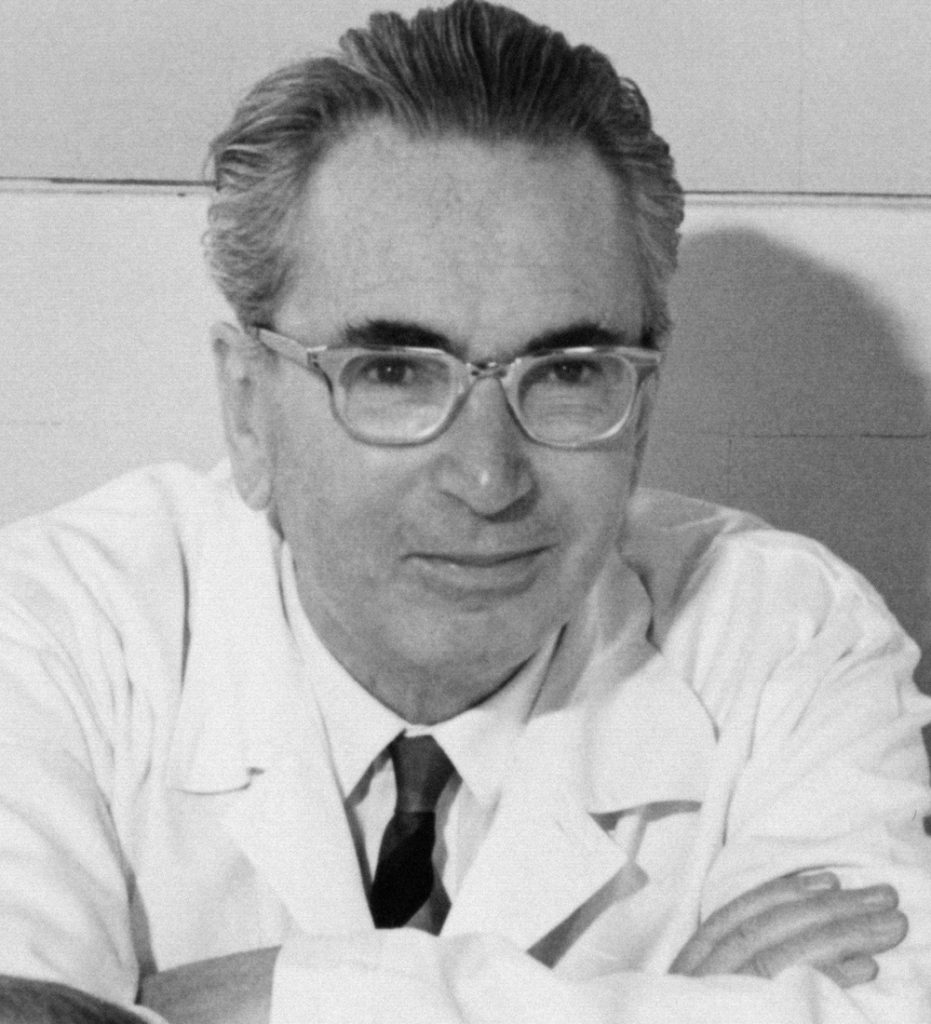What is Awe?
Berkeley.edu describes awe as “The feeling we get in the presence of something vast that challenges our understanding of the world, like looking up at millions of stars in the night sky or marveling at the birth of a child”. Awe occurs in transcendence if the self.
Awe represents a powerful experience that teaches us that we are part of a greater whole. We depend on others (or other parts) and they depend on us. Awe helps us to place importance on a global scale, rather than an individual scale.
Where is Awe?

Natural? Urban? Social?
Awe is often associated with spectacular natural surroundings, or ancient architecture for good reason. However, modern architecture and city-scapes can be equally as awe-inspiring. Awe is not associated only with inanimate objects, however. Indeed people, or even animals can, and often do, trigger awe in others through their actions, or in relationship with other people. Consider the symbiotic relationship between virtuoso musicians and their audiences at concerts, for example. Both performer and fan can be awe-struck by one-another, amplifying the experience for both parties.

Religious?
A feeling of awe can often bring religious connotations and if you step into a temple, mosque, or church, it is easy to see why, although you do not necessarily need to be religious to appreciate this, of course. Many of these buildings are marvels of design and engineering, built over generations. So in addition to the aesthetic and spiritual experience of awe, you may be awestruck at the capabilities of the architects, engineers and builders working together.
Religions are full to the brim with awe-conducive stories, practices and accoutrements. Perhaps unsurprisingly, when experiences of awe are embedded in religious and spiritual practices they bring with them increased social connection and meaning.
The Mundane?
There is a classic scene in the film American Beauty, where … laments over the beauty of a plastic bag dancing and floating in a vortex. This illustrates nicely how channels of awe need not be expensive, confined to areas of outstanding natural beauty, or generally out of reach to the average person. Awe is available anywhere and everywhere when we choose to seek it out.
In Wealth?
Dacher Keltner even argues that increased wealth can inhibit awe, due to the tendency of wealthy people to see the world more through a lens of transaction and self-interest.
Internally?
Awe can exist entirely internally of course, through hypnosis, meditation, dreaming, memories, or psychedelic experiences*. Importantly, awe itself only ever exists within us, in our emotion, and is only connected to external phenomena and interactions.
*I recommend that psychedelic experiences are accessed legally and with professional support.
Ok, I’ve Seen a Starry Sky and Had a Baby, am I Done With Awe This Decade?

Awe needn’t be confined to rare and once-in-a-lifetime experiences. It can arise in day-to-day life by being present to the flavours of the food you eat, listening to music and taking the time to deeply listen to, see and feel your surroundings, for example.
These day-to-day manifestations of awe may come in relatively smaller, more consistent doses, but that is a good thing. This way you can sustainably build your capacity for experiencing awe. The more you can experience, the more you do experience!
What Does Awe do For Us Anyway?
Awe not only feels awesome, it gives our life more meaning!

Perhaps the most fundamental aspect underpinning a meaningful life is purpose beyond self. When you have something you do that tangibly contributes to the lives of others in a significant way, your life trajectory weaves a web in conjunction with the life trajectories of others. Awe is an emotion that transports (or “transcends”) us into a distinct awareness of this inter-connectivity.
In a study reviewing the recent advances in the field of awe, Monroy and Keltner (2023) indicate the following physical, mental and social benefits of awe:
- Biologically, experiences of awe increase vagal tone (good for calmness and social engagement), decrease sympathetic arousal and inflammation, increase oxytocin, decrease default mode network activity (associated with self-reflection).
- Awe diminishes our sense of self, increases our pro-social relationality and social integration, which all contributes to our purpose and life meaning.
- This decreases stress, anxiety, depression and PTSD and increases emotional, social and psychological wellbeing.
- The physical benefits include a decrease in manifestations of physical stress, such as headaches, bodyaches and stomach issues, a reduced likelihood of autoimmune diseases occuring, as well as improved sleep, cardiovascular health and longevity.
What doesn’t it do?
Is Awe Always Awesome, or Sometimes Awful?
The propensity for awe to make us more likely to submit to a higher power can humble us to the power and value of nature and the community, reducing our individual ailments and increasing collective wellbeing.
It can also make us more likely to uncritically fall in line with the charisma of a demagogue. If we feel awe in connection with the behaviour of said demagogue, we may be less likely to question the other ideas they espouse.

However, emotions of any kind do not usually last for more than a matter of minutes, until something else comes along. Awe is not the only emotion that Hitler projected. Pride and rage, to name but two more. Indeed the racist beliefs he perpetuated run counter to the reduced polarization and pro-social relationality promoted through awe. Hence racism can only be embedded while awe is suspended, but awe can play a part in the induction of people to a team, or following.
Emotions are rarely isolated in life. It makes no sense to demonise awe, just as it makes no sense to ‘throw the baby out with the bathwater’. While it can be beneficial to temporarily defer critical thought, abandonment is never a good idea. Fear of possible enchantment with a demagogue should not deter us from awe.
Self-Transcendence

“Self-transcendence” may be seen as referring to what we are not focused on, rather than what we are. It can be seen as a contrast to “self-examination“. However, as Courtney E. Ackerman explains, self-transcendence does not negate the self in favour of the other. Rather it involves “the realization that you are one small part of a greater whole”, and importantly, requires that we “act accordingly”.
In a state of awe you transcend the self (or perhaps the illusion of self). To become focused on the self alone would necessarily remove you from the “awe”some experience.

Viktor Frankl’s central concept to flourishing in Logotherapy is to choose the pursuit of a meaningnful life, and in so doing, transcend the mire of suffering and death (1988). He sees suffering as a necessary ingredient in flourishing, along with meaning. Suffering is a reason to choose a meaningful life. One cannot exist without the other.
Paul T. P. Wong reflects on transcendence, according to Frankyl as:
“a spiritual awakening that moves one’s heart and soul so deeply that leads to the reorientation of one’s life purpose”. It is a determination that arises in humans “characterized by (a) a shift in focus from the self to others, (b) a shift in values from extrinsic motivation, such as materialism, to intrinsic motivation (the activity itself is the reward), (c) an increase in moral concern of doing what is right, and (d) the emotion of awe that contributes to life transformation and which inspires others”.
Wong indicates that, while awe is a fundamentally important emotion, a shift in life values and focus is the main driver in self-transcendence. Without this, awe may be fleeting and temporal and therefore limited in it’s benefit in our lives. With this, awe can be ignited from within a structure that you can implement!
In summary, Wong suggests the following as a structure for self-transcendence and sustainable awe:
- Focus from self to other
- From extrinsic to intrinsic motivation
- Prioritising what is morally right
- Awe that inspires others and changes life
Why did we Evolve the Emotion of Awe?

Self-transcendence is fundamental to the development and progress of humanity and awe is the emotional hallmark of self-transcendence. We are only here because our ancestors placed an equally high (or higher) value on the collective versus the individual. We depend on this cooperation and coordination, our habitat depends on it.
The Role of Awe and Self-Transcendence in Overcoming Anxiety and Depression
The emotion of awe substantially contributes to “shifts in neurophysiology, a diminished focus on the self, increased prosocial relationality, greater social integration, and a heightened sense of meaning”.
Awe and Depression
Expanding on the points indicated above (“What Does Awe do For Us Anyway?”), the benefits of awe overlap with indicators of reduced depression in the following ways:
Neuro-electrical indicators:
- Decreased default mode network activity
- Reduced amygdala activity
- Increased vagal control
Immediate psychological changes:
- Lower self-focus
Endochrinal (hormonal) – psychological changes
- Flexible expectations
- Decreased rumination
Existential changes:
- Decreased hopelessness
Awe, Anxiety and Stress
It is well known that sustained (chronic) stress can increase anxiety, among other physical and mental ailments.
Monroy et al. (2023) found that “on days when community adults and healthcare professionals reported experiencing more awe than typical, they also felt less stressed, experienced less body pains and problems sleeping, and felt greater well-being”.
Bai et al. (2021) discovered that the experience of awe gives perspective to day-to-day stressors, making them seem less significant.
The perception of stress has also been shown to have a significant effect on awe and vice-versa. Those who perceive stress in their lives experience less awe and those who experience more awe perceive less stress.
How I Work With Awe as a Hypnotherapist and Coach?

I work to help you to scan mindfully for and access the awe available to you in your life, habitually and sustainably, without (necessarily) getting on a plane and flying to a wilderness, or a psychedelic retreat in Mexico.
I help you to consciously forge a path of self-transcendence, consistently embedding meaning into your life.
This all starts with our therapeutic alliance, my unconditional positive regard for you, that there is nothing to fix and plenty of opportunities to grow and flourish. The presupposition that you have everything you need to grow in the ways that resonate with you and helping you to discover how for yourself. Your transformation manifests through conversation and well-placed hypnotic reflection and suggestion, gaining new perspectives and new possibilities. Lastly, I help you to put into practice new beliefs, thoughts, feelings and behaviours at the rate and speed for them to take hold.
My Meaningfulness-Based Approach to Hypnotherapy and Coaching
Awe and self-transcendence are intricately linked with life-purpose and life-meaning. Read more about my meaningfulness-based approach to hypnotherapy and coaching here to learn more about how I help people t help themselves.
Activities for Inviting Self-Transcendence and Awe into Your Life Consistently
Here are some practical activities designed to help you:
- Change your focus from yourself to others
- Shift from extrinsic to intrinsic motivation
- Prioritise what is morally right
- Create an experience of awe that can go on to inspire others and change life
Activities:
1. Engage in active listening:
- Actively engage in conversations while listening to what the other person is/people are saying, without thinking about what you want to say and how you could respond
- See how far you can take it
- Reflect on what you notice and your connection with others
2. Extrinsic vs. intrinsic motivation:
- Write down three things you enjoy doing. For each item ask yourself “what do you get from this?”. Keep asking yourself the same question until you get an answer that suggests personal satisfaction
- Write down three things you struggle to motivate yourself to do. For each item ask yourself “what do you get from this?”. Keep asking yourself the same question until you get an answer that suggests personal satisfaction
- Reflect on what you discover and any changes you might make in how you approach these tasks
3. Using regret to calibrate your moral compass:
- Think of a choice you regret having made
- List the reasons you chose to do what you did
- List the reasons you regret having made that choice
- Reflect on which of these reasons resonate morally with you
- Write down what you would do differently if you could turn back time. If you would do it all the same again, write down why
4. Nurturing the awe available in the everyday:
- Set aside some time to look at the sky and nothing else – turn your phone off. It doesn’t matter whether at night, in the daytime, in the sunshine, or during cloud-cover
- Do not expect a feeling of awe to come, just spend some time with the sky and notice what happens
- Pay close attention to the quality of the light, pay attention to the colours – yes even gray is a colour. Pay close attention to any clouds, stars, birds, planes, trees, or satellites you may see.
- What do you see that stands out more than the rest? The shape of a cloud? The brightness of a star? The shade of the light?
- Soften your breath
- Get comfortable and stay with the sky
- Set aside time immediately afterwards to reflect on your experience. On a scale of 1 to 10 how much awe did you experience. Whatever you answer, be content with that and expect no more. Make some notes about what you noticed and/or take a picture to illustrate
- Share your notes and/or your picture with other people in any way you like (social media, messaging, conversation etc.)
- Repeat this process listening to the qualities present in some music you appreciate, or feeling the sensation of the water against your skin in the shower, or bath, instead of looking at the sky
Let me know how you get on with these.